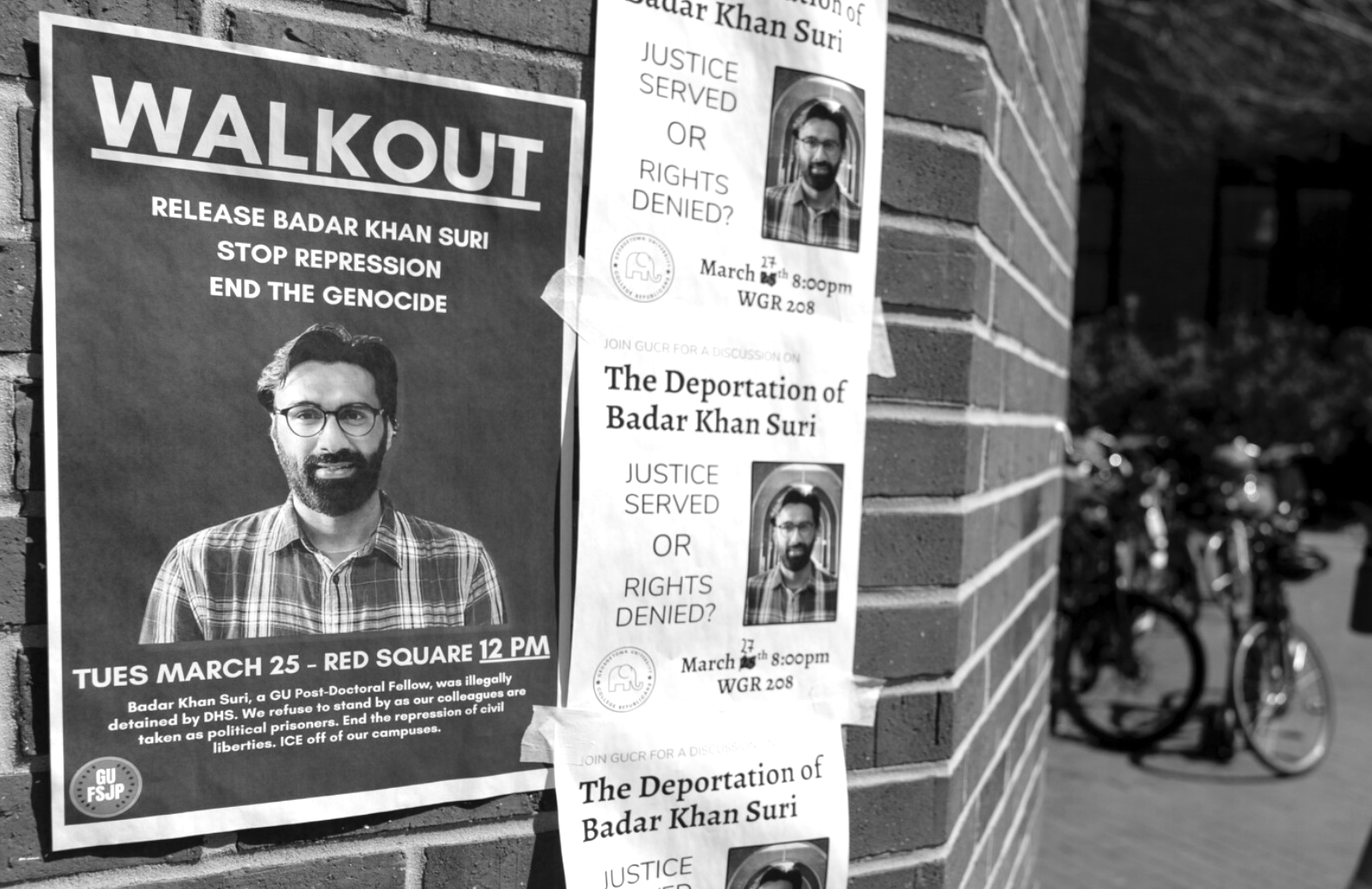
Teaching Gandhi in a Texas Detention Center
New Lines Magazine
04/23/2025
What struck me about Badar was his overall mood. He was defiant and eager to clear his name. The Trump administration has charged him with “actively spreading Hamas propaganda and promoting antisemitism on social media.” He strongly rejects the accusations. He told me he condemns the Oct. 7 attack on Israel on moral and strategic grounds, yet he made a point of stating that he supports the right of all colonized people, including the Palestinians, to resist oppression — but within a Gandhian framework.
The Mahatma came up several times. Gandhi is Badar’s lodestar. “Gandhi went to jail, Mandela went to jail,” he told me, “and now I am in jail.” He recalled a line, often attributed to Gandhi, that inspires him: “First they ignore you, then they laugh at you, then they fight you and then you win.” (The actual source of the quote was Nicholas Klein, a trade union activist, who said something similar in a 1918 speech: “First they ignore you. Then they ridicule you. And then they attack you and want to burn you. And then they build monuments to you.”) Badar’s body language and demeanor changed when he shared the quote.
In fact, his fellow inmates call him Gandhi. He knows this terrain well, given his Indian background and his doctorate from the Nelson Mandela Centre for Peace and Conflict Resolution at the Jamia Millia Islamia in New Delhi. He bides his time by providing short tutorials for other prisoners on Gandhi’s thinking about social and political justice. He is also assisting his fellow inmates with written correspondence with their lawyers. His doctorate makes him the most educated person in the prison, and he is using his education in the service of others.
One part of our conversation keeps playing in my mind. If his suffering “can help expose the naked authoritarianism in America today and keep the spotlight on the genocide in Gaza, it will be worth it,” he said.
The Trump administration’s accusations of antisemitism against Badar are ludicrous. He is critical of Israeli policy, but to conflate this with antisemitism or to suggest that his presence on campus has threatened the safety of Jewish students is to stretch credulity to its breaking point.
Badar is not an organizer, nor was he politically active. He didn’t attend any of the Gaza encampment protests. On Georgetown’s campus, he has kept a low profile, focusing on his teaching, his research and raising his young family. Our center has co-sponsored a lecture series on Gaza since Oct. 7, 2023. I have no recollection of seeing Badar at any of these events.
By Marco Rubio’s standards, Albert Einstein, Hannah Arendt, Zygmunt Bauman and Yeshayahu Leibowitz — all Jews — could all be accused of antisemitism and denied entry into the United States. If they were on U.S. soil, they would have likely met the same fate as Badar. This point was acknowledged recently by over 170 members of Georgetown’s Jewish community in a statement condemning Badar’s arrest.